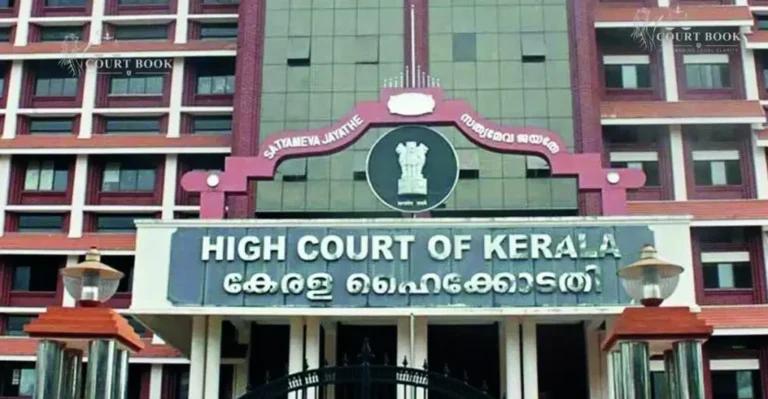The Kerala High Court has expressed serious concern over the growing practice among media houses of airing unverified and one-sided allegations solely to increase their Television Rating Points (TRP). The Court emphasized the responsibility of the press to report news in a fair and balanced manner, in line with journalistic ethics and legal principles.
The observation came during a recent hearing, where Justice A. Badharudeen pointed out the alarming trend of media outlets prioritizing sensational content over verified facts. The Judge highlighted that many channels publish or broadcast allegations made by one party without verifying the claims or including the response of the other party involved.
Read also: Kerala High Court Declares GST on Club/Association Services to Members as Unconstitutional
"It is high time for the channels and medias to be more vigilant while giving news items in channels and medias in any form to have an enquiry with regard to the truth of the matter or to include the version of the other side (the person against whom the allegations are levelled) after hearing him, or somebody on his behalf capable of explaining the stand of the other side, then, the medias may report both versions to the viewers and readers to decide what actually is the truth behind the news,"
– Justice A. Badharudeen
This strong statement came while the Court was considering a petition related to a PoCSO (Protection of Children from Sexual Offences) case filed against six employees of Asianet News, including Executive Editor Sindhu S. The case alleged that the channel had conspired and illegally disclosed the identity of a rape survivor during a telecast, with the motive of increasing TRP.
Read also: Kerala High Court Declares GST on Services Between Clubs and Members Unconstitutional
While the High Court noted that the channel may not have intended to harm the survivor or the general public, it took serious note of the pattern adopted by some media houses. The Court observed that in the race for higher TRP, some outlets go to the extent of publishing any content that could boost viewership—even if that means airing "mere allegations" without investigation.
“In this endeavour, mere allegations also being published, telecasted and circulated without having further investigation or enquiry with regard to the truth of the allegations and even without getting the words of the aggrieved or the person who is affected by the news, whose image being tarnished by the said news, which may be false. Thus, by publishing and telecasting mere allegations, channels and medias are boosting up the intention of the person/ persons who made the allegations with intention to tarnish the image of the person against whom such allegations are made,”
– Kerala High Court
The Court also highlighted the "survival strategy" used by some media outlets, where TRP is prioritized over truth, balance, and fairness. Such practices, the Court said, are not only contrary to journalistic ethics but also go against the legal principle of natural justice.
"The moral and elementary principles of journalism rather the legal principle of natural justice warrant to get versions of both sides and publish or telecast both versions to the domain of the readers and viewers to decide the truth of the matter independently by themselves, on evaluating both versions,"
– Kerala High Court
Ultimately, the Court quashed the PoCSO case against the employees of Asianet News, but issued a stern reminder to the media industry to act responsibly and uphold both journalistic integrity and public trust.
Case No: Crl.MC 9008 of 2024
Case Title: Sindhu S. and Others v State of Kerala














